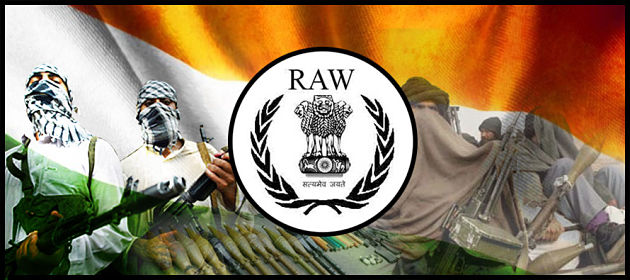Thus, on the third day after the massacre in Sri Lanka, the so-called Islamic State* claimed responsibility. This claim was initially expected, but clearly delayed. And this delay allowed a number of facts to emerge that now do not fit well with this claim.
First, let’s start with the fact that some individuals have already accused another organization, the National Thowheed Jama’ath (NTJ), of being responsible for this attack. This raises serious questions. Eight consecutive blasts that caused nearly 1,000 casualties (300 dead and 500 wounded) is like a mini-war that only a true terrorist army is capable of. The NTJ, on the other hand, did not have the military experience, infrastructure, or human and technical resources to carry out such an attack. The known activities of this organization were mainly in the social sphere – charity, blood donation, etc. These are activities that require a completely different mentality and skills, not to mention that it would be absolutely pointless for an influential, established organization like the NTJ to destroy all its achievements for acts of terrorism that not only fail to solve any Muslim problems, but only aggravate them.
Moreover, not only has the official leadership of the NTJ denied the allegations and condemned what happened, but the Governor of the Eastern Province of Sri Lanka has also stated today that there is no evidence to prove the guilt of this organization.
In principle, one could say that the first version was wrong, and now that the Islamic State has claimed responsibility, everything has become clear. But it’s not that simple.
According to Hilmy Ahamed, the vice president of the Muslim Council of Sri Lanka, they had long warned the Sri Lankan security forces about the extremist sentiments within the ranks of the NTJ. But what is even more interesting is that the Indian intelligence agency (RAW) had been warned by the Sri Lankan authorities just before these attacks. But how did Indian intelligence get this relevant information? The answer is obvious – it was probably through their own agents and intelligence gathering system in the relevant environment. Thus, the NTJ, which was formed in India and operated mainly among Indian immigrants, had Indian connections.
This brings to mind the characteristic Indian style of the attacks – almost simultaneous multiple explosions. Some commentators have rightly recalled the events in Mumbai in 2006, when responsibility for a series of seven explosions in 11 minutes that killed hundreds of people was attributed to the Lashkar-e-Taiba organization. However, it later turned out to be a provocation by Indian fanatics linked to intelligence services.
Whether there is a link between the Indian intelligence services and the terrorist attacks in Sri Lanka is difficult to say. But there is certainly some connection between them and the NTJ, in which they have a heightened interest and which they may have influenced. It cannot be ruled out that they fabricated these attacks in order to discredit and destroy a promising project that is gaining popularity among the Indian diaspora. Today, Indian intelligence announced the readiness of a second group of NTJ terrorists for a new series of attacks and reported that its arrested members had arrived from Qatar. This already seems like an attempt to incriminate not only the organization, which proclaims its innocence (as confirmed by the Governor of the Eastern Province), but also the country known as one of the platforms of political Islam, and to present it as a hub of international Islamic terrorism. And it is against this background that the Islamic State appears and takes responsibility for what happened.
By the way, they also disprove another speculation that the massacre in Sri Lanka was retaliation for the massacre of Muslims in a mosque in Christchurch, New Zealand. The Islamic State’s statement made no mention of this, saying instead that it was revenge against those states that were at war with them and whose citizens were largely the victims of these attacks.
So what will the Indian intelligence agencies say, and how should their version and allegations be treated? If we believe them, then the statement of the Islamic State does not correspond to reality. If we believe the Islamic State, then the actions of the Indian intelligence agencies in this situation are clearly provocative.
Clearly, what happened is a crime against humanity that casts a shadow on Islam and directly harms Muslims, both in Sri Lanka, where their situation was already difficult, and worldwide, justifying the tightening of screws or acts of terror against them. However, in view of the above, the version that this is a large-scale provocation by the intelligence services, possibly intended to play the role of a geopolitical anti-Islamic diversion in the region, seems unfounded.
Unfortunately, this does not rule out the possibility that the executioners were radical fanatics recruited from within the Islamic community. If this is the case, it serves as another lesson for all Islamic organizations on the need to control their ranks and take measures to prevent their members from being used to their detriment and to the detriment of Islam as a whole.
* Forbidden in Russia

